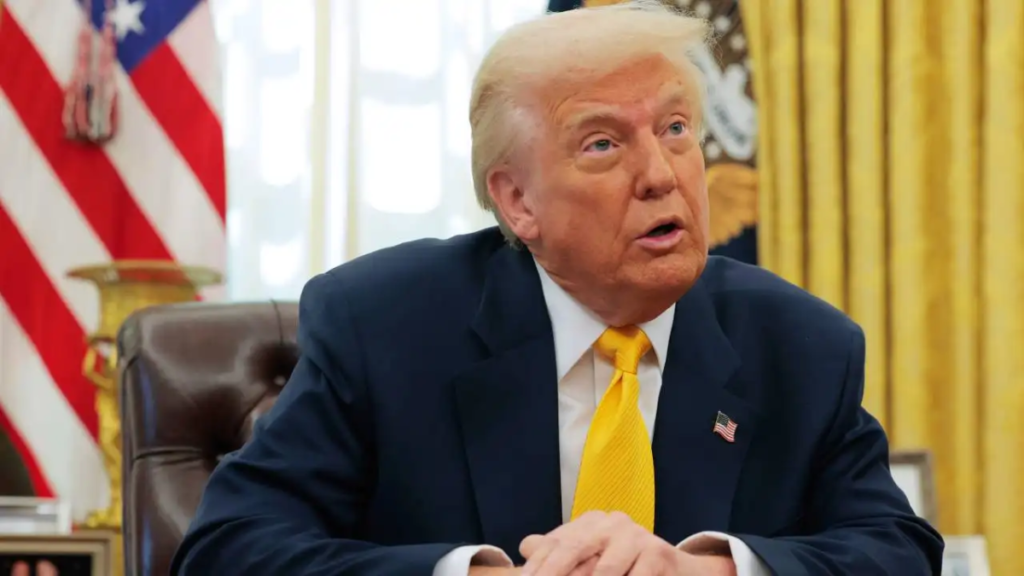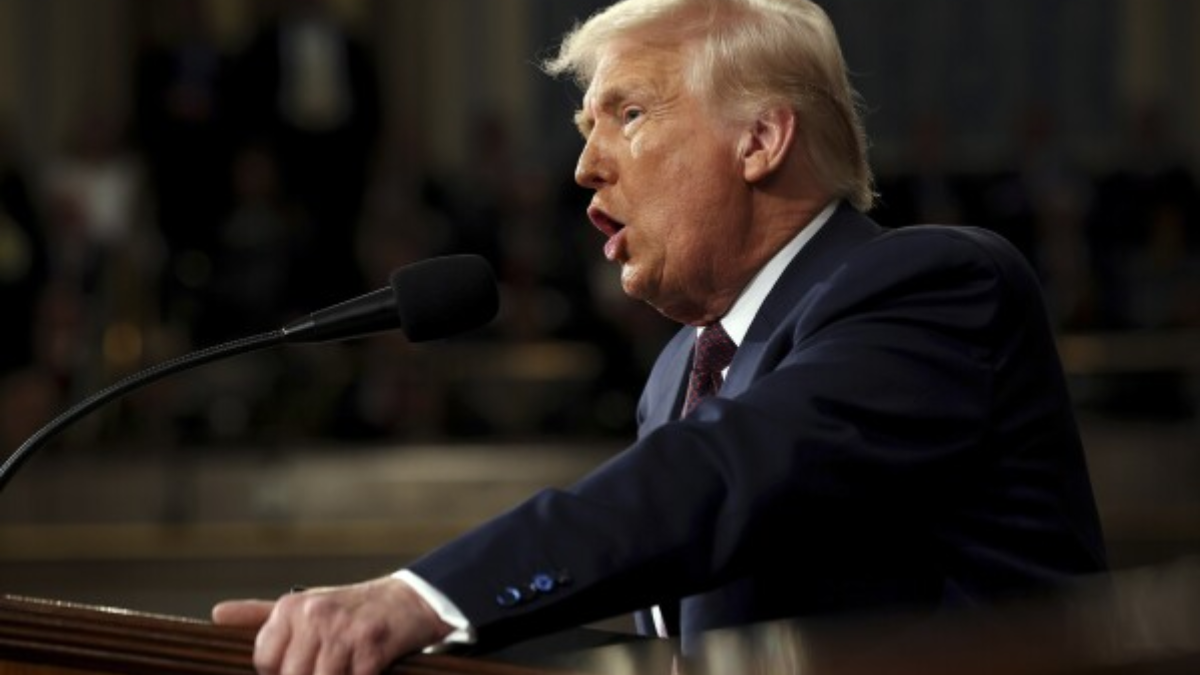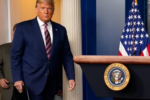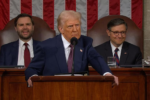As the 2024 presidential election approaches, the spotlight intensifies on former President Donald Trump’s potential return to the White House. Amid speculation about his future policies, one seasoned Washington insider has called his proposed first 100 days “historically unpopular,” raising alarms among political analysts, voters, and policy experts alike.
Trump’s team has already signaled an aggressive legislative and executive agenda should he win in November. While his supporters view this as a decisive leadership style, critics argue that such swift and sweeping changes could trigger instability and backlash.
What Trump Plans to Do in His First 100 Days
Donald Trump’s first 100 days, if elected for a second term, are expected to mirror his prior presidency in tone but be even more rapid in execution. Key elements reportedly on his to-do list include:
- Reinstating controversial immigration rules, including border wall expansion
- Defunding or dismantling federal agencies he views as inefficient or biased
- Challenging the independence of institutions like the Department of Justice
- Rolling back climate regulations and restoring fossil fuel production incentives
- Fast-tracking conservative judges and federal appointees
According to a longtime Republican consultant in Washington, this outline has been designed to immediately “undo Biden’s America,” but could prove alienating to moderate voters and lawmakers.
Why Public Opinion May Not Be on Trump’s Side
Polls suggest that the majority of American voters want stability and cooperation across party lines, not dramatic or unilateral shifts in policy. A recent Pew Research Center study found that 61% of voters favor compromise over confrontation, particularly on key issues like healthcare, the economy, and national security.
If Trump begins his term with sweeping executive orders and fiery rhetoric, he may satisfy his base but lose broader appeal. Political analysts believe that such tactics could create legislative deadlock and deepen the divide between the parties—similar to what occurred during his first term.
A Rocky Start Could Lead to Political Headwinds
The D.C. insider warns that a confrontational start to Trump’s presidency may limit his effectiveness in office. Without bipartisan support, Trump may find it difficult to pass major legislation, relying instead on executive power that is frequently challenged in the courts.
This approach could have several consequences:
- Frequent legal challenges, slowing down implementation of new policies
- Widespread protests and activism, especially on immigration and education reform
- Heightened international scrutiny, especially from allies concerned about diplomatic stability
- Reduced investor confidence, possibly affecting stock markets and the U.S. dollar
Trump’s challenge lies in balancing the demands of his loyal voter base with the expectations of the wider electorate—many of whom may not welcome a radical shift in government operations.

Concerns from Within the GOP
Even within Republican ranks, there is growing unease about Trump’s proposed early moves. Some lawmakers worry that a hard-right agenda could damage the party’s long-term appeal and overshadow legislative priorities like tax reform or entitlement restructuring.
Several GOP strategists have cautioned against repeating the mistakes of the first Trump administration—chief among them, the lack of cohesion and clear messaging. “If the next term starts with chaos, it could define the presidency before it even has a chance to lead,” one strategist noted.
What Voters Should Expect if Trump Returns
If Trump is re-elected, Americans can likely expect a flurry of executive actions in his opening months. However, without a strong coalition in Congress, those actions may stall or be reversed by courts or future administrations.
Some political experts believe that Trump’s strategy could backfire, especially if the public perceives his early months as divisive or ineffective. “He has to choose—will he be a disrupter again or a statesman?” the D.C. insider remarked.
Ultimately, Trump’s early performance could shape not only the success of his administration but also the outcome of the 2026 midterms and the Republican Party’s image in the years to come.
Conclusion
Donald Trump’s return to the White House—if successful—will be closely watched not just in the U.S., but globally. While his supporters hope for a swift reversal of Democratic policies, critics are preparing for what they describe as a “combustible” start to his second term.
The first 100 days of any presidency carry symbolic and practical weight. For Trump, those days may determine whether he’s remembered as a transformational leader—or a deeply polarizing figure who struggled to unite the nation at a critical time.
For Further Information
For more detailed analysis on Trump’s policy proposals and political developments, visit reputable sources like Brookings Institution or Politico.
Disclaimer – Our team has carefully fact-checked this article to make sure it’s accurate and free from any misinformation. We’re dedicated to keeping our content honest and reliable for our readers.








